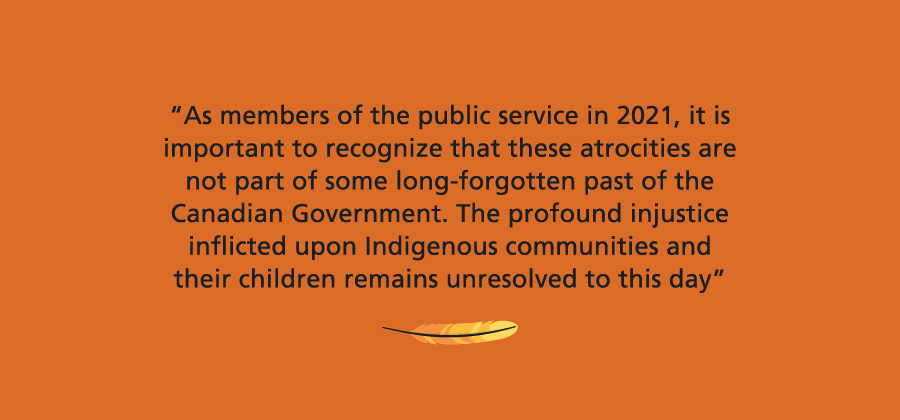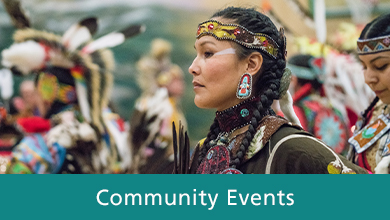There’s so much to learn about and explore in Canadian Black History.
Once again, PIPSC is joining the Canadian labour movement in celebrating Black History Month. Black history deserves fair representation in media, arts and literature. We salute initiatives that bring Black history to light and work to correct historical imbalances.
Join our screening of “Ice Breakers”
As the sole Black hockey player on his team in the Maritimes, Josh Crooks is a trailblazer. If it weren’t for the support he received after racist incidents, he could have quit his favourite sport altogether.
He didn’t find his place on the team by a stroke of luck.
For a long time, Blacks were forbidden from playing hockey with white athletes. The Maritime Coloured Hockey League was formed in 1895 to bring change and to make the sport more accessible.
Today, Josh’s story is an important reminder of how we need to support Black trailblazers in the workplace, on sports teams, or in civil society.
We’ve invited guest speakers to address these topics and more in our free webinar for PIPSC members called “Increasing representation for Black Canadians: from sports teams to the workplace.”
Event: Increasing representation for Black Canadians: from sports teams to the workplace
Date: Tuesday, February 15, 2022
Time: 12:00 PM to 1:30 PM ET
Format: Webinar with short film screening, followed by panel discussion
Guest speakers:
Eric Pierre-Louis, former NCAA football player
Marie Clarke Walker, former secretary-treasurer of the Canadian Labour Congress
Micaëlla Riché, athletic talent acquisition specialist and former professional basketball player
RSVP now
What’s at stake this year?
We know that Black workers need unions to take action and address systemic racism. You can count on your union to always work hard on this priority.
Our support is still strong for the federal Black class-action lawsuit.
We’re also supportive of the Federal Black Employee Caucus. Worker representation is important and we’re thrilled that Black workers have a platform to identify priorities and address issues faced in the federal public service.
PIPSC Black Caucus
We’ve launched a Black Caucus that is a strong voice for representation within our union. Working under the auspices of the Human Rights and Diversity Committee, the caucus is leading the way to build a labour movement that supports Black families and fights anti-Black racism. The PIPSC Black Caucus is seeking volunteers. Email the caucus to learn more about the opportunities.
Breaking barriers
Representation matters.
When Black youth see Black scientists, actors and athletes thriving, they know they belong in those disciplines.
Black Canadians had to break barriers to enter careers where they’ve been historically underrepresented. Unions work tirelessly to increase representation through different means to ensure different viewpoints are considered in bargaining, decision-making and workplace representation.
Just like in academia and workplaces, systemic barriers are present in the world of sport. In the Maritimes, those barriers pushed Maritimers to create the Black Hockey league. This year, we’re taking a closer look at the impacts of systemic barriers to participation in sport and academia, and the parallels those barriers have with the world of work.
More Black History Month resources






